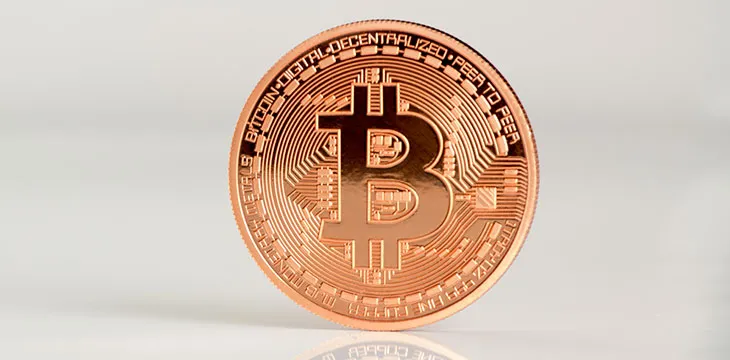|
Getting your Trinity Audio player ready...
|
The International Organization of Securities Commissions (IOSCO) has released suggestions to curtail the risks associated with the marketing of virtual currencies. The body made the proposed regulatory framework public via a report published on October 12, illustrating the risks and proffering solutions.
Part of the risks IOSCO identified include using gamification and other psychological techniques to lure new persons into investing in virtual assets. The IOSCO sees the use of celebrities or influencers to market projects as a major threat, with the report noting that these “finfluencers” can wield a great degree of control for new investors in the space.
“Digital fraudsters can hide behind a ‘digital veil’ that makes it difficult for regulators to locate, identify and take action against them,” said Martin Moloney, secretary general of the IOSCO.
In order to curtail these risks, the body issues a policy and an enforcement toolkit while pointing out that both measures will have to operate in synergy before any meaningful progress can be made. The IOSCO proposes that member countries should level the playing field for online marketing for digital assets and streamline the rules for onboarding new clients.
However, before these policies are implemented, member countries should ensure that the mechanisms for surveilling the activities of the industry operators are present. On the enforcement side, “proactive technology-based detection and investigatory techniques” should be applied, and regulators should have the power to shut down the websites of erring platforms.
In 2022, digital assets have become the focal point for IOSCO as it has previously issued a policy document to members to study the implications of decentralized finance (DeFi) in their countries. The body struck a collaboration with the Bank for International Settlements (BIS) to publish a guiding document for the regulation of stablecoins, a class of virtual currencies with a streak of causing chaos in the ecosystem.
The ‘finfluencer’ problem in the virtual currency industry
Digital asset service providers are beginning to lean heavily on celebrities to get the word out to investors. The use of these influencers has been a source of heartache for regulators worldwide because of the incidences of these celebrities backing scam projects.
For example, reality television star Kim Kardashian was recently fined over $1 million for urging her followers to invest in EthereumMax, a scam virtual currency project. Kardashian disclosed to the SEC that she was paid only 250,000 for the post, and despite paying the fine, the celebrity faces a slew of other charges in federal court.
The U.K.’s Advertising Standards Authority (ASA) has ramped up its efforts at cracking down on digital asset advertisements in violation of laid down rules, while Thailand’s SEC toes a similar path by directing industry operators to limit their advertisements to official channels.
Watch: The BSV Global Blockchain Convention panel, Entertainment, Sports & Blockchain

 07-02-2025
07-02-2025 





